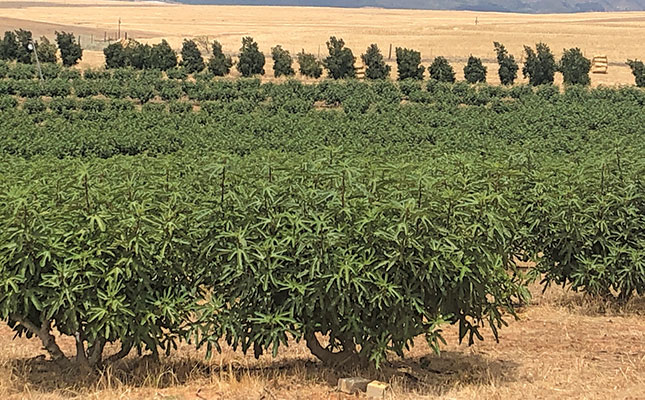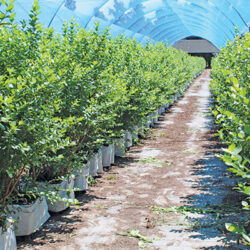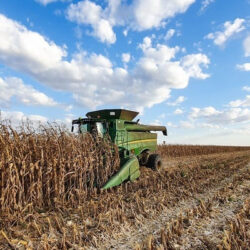In the verdant highlands of Komothai, Kenya, the aroma of freshly roasted coffee beans usually hangs heavy in the air. But a shadow has fallen over this idyllic landscape: the spectre of climate change.
For generations, farmers like Simon Macharia have cultivated the prized Kenya AA coffee beans, renowned globally for their rich flavour and distinct aroma. However, the delicate balance of nature that sustains these vibrant crops is under threat.
Erratic rainfall patterns, rising temperatures, and the spread of devastating diseases are taking a heavy toll on coffee yields. Farmers, like Edita Mwangi, who toil tirelessly in the fields, face dwindling incomes and a precarious future.
“They don’t know the poverty we suffer,” she laments, highlighting the stark contrast between the price of a single cup of coffee in a European café and the meagre wages earned by those who produce it.
The Kenyan coffee industry, a vital source of employment for thousands, faces an uncertain future. Climate change is disrupting traditional farming practices, forcing farmers to grapple with new challenges, such as dwindling water resources and the increased use of harmful pesticides.
John Murigi, chairman of the Komothai Coffee Society, warns that the changing climate is not only impacting yields but also forcing farmers to adopt unsustainable practices. The use of herbicides like Roundup, banned in some parts of the world, is becoming increasingly common to combat pests and diseases, posing significant risks to both human health and the environment.
The story of Komothai mirrors a global crisis. As climate change intensifies, coffee cultivation faces increasing pressure worldwide. Droughts, extreme weather events, and shifting climatic zones are threatening the delicate balance that allows these precious beans to thrive.
For farmers like Mr. Macharia, the future of coffee cultivation remains uncertain. “Right now, as things stand, I don’t think any parent wants their child here farming coffee,” he says, reflecting a growing sense of despair among the community.
The Kenyan coffee industry stands at a crossroads. Addressing the challenges posed by climate change, ensuring fair and equitable trade practices, and investing in sustainable farming methods are crucial to securing the future of this vital sector and the livelihoods of those who depend on it.




